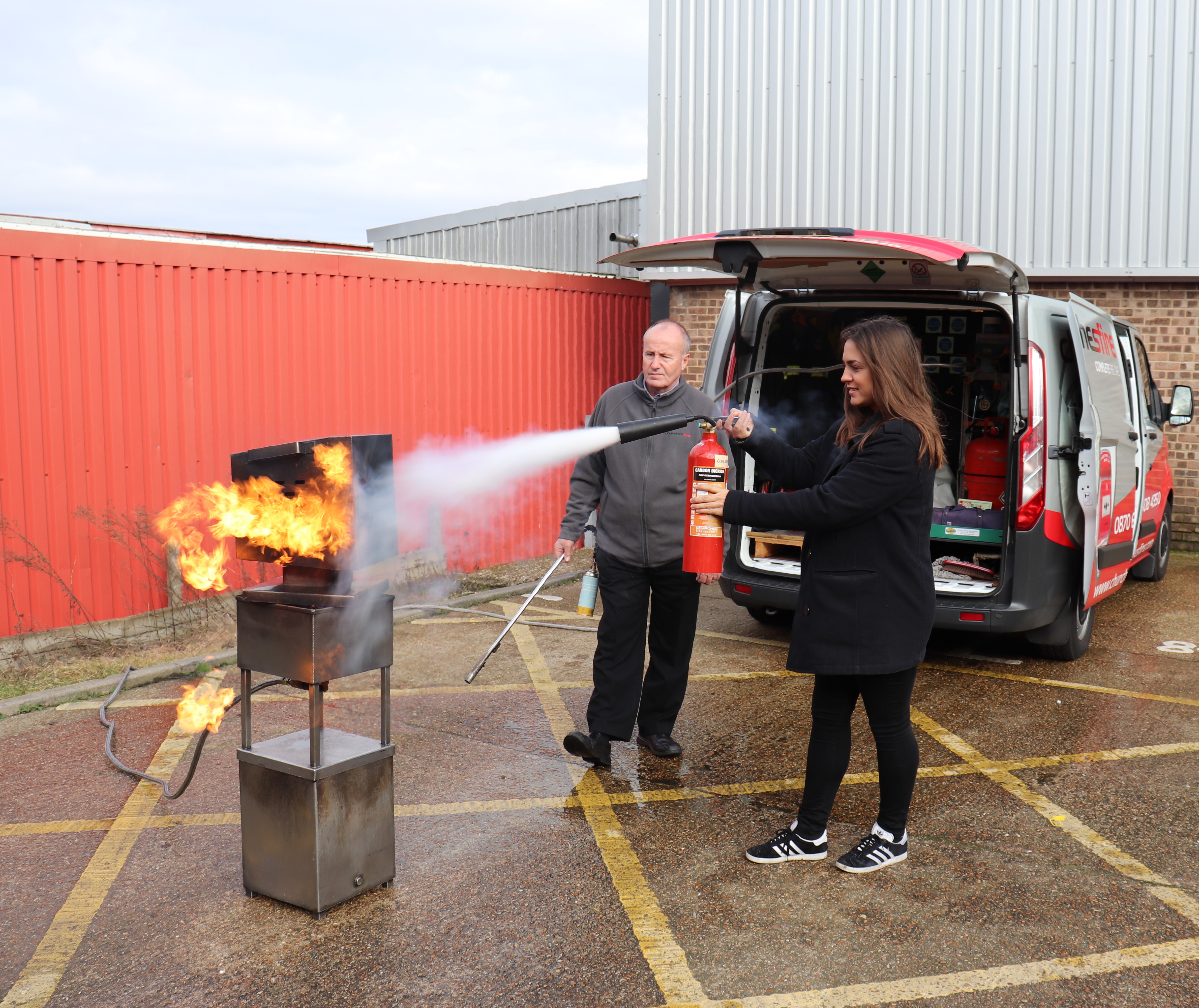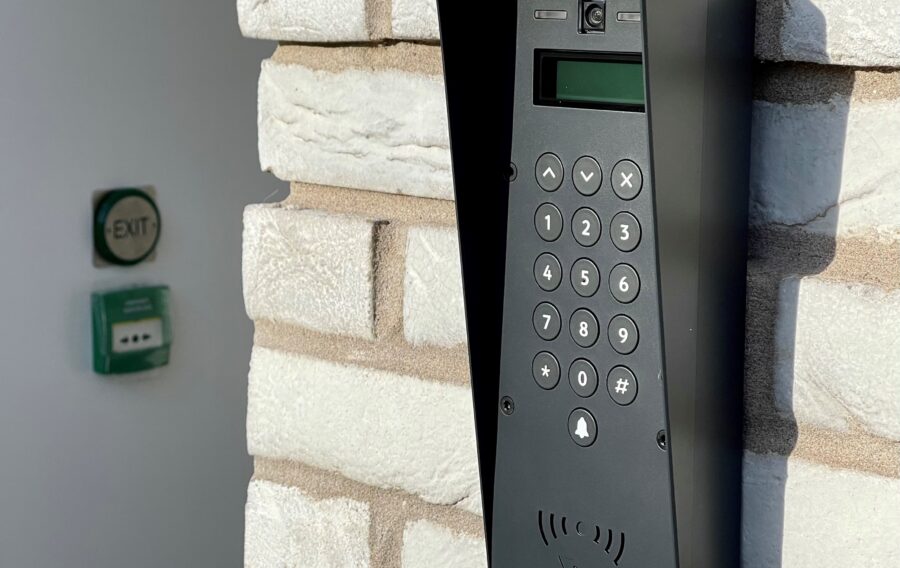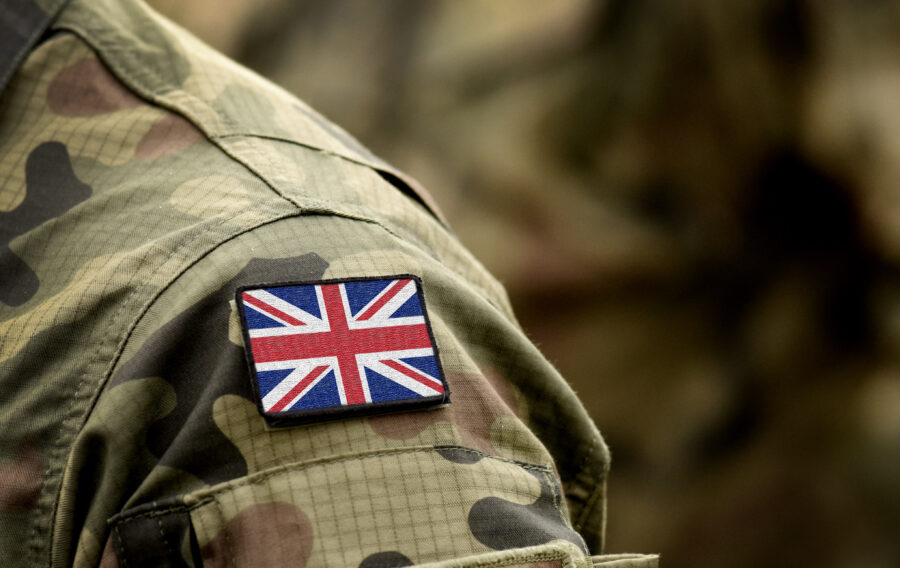With multiple people coming and going at all times of the day and night, fire safety in the hospitality sector is vitally important.
The Regulatory Reform (Fire Safety) Order 2005 dictates that fire risks must be assessed with action taken to prevent incident as necessary.
Churches Fire & Security works with several businesses in the hospitality industry, from hotels and bed & breakfasts to restaurants and bars, providing fire detection and prevention services.
We have gathered 10 tips to help make sure your business complies with the law and maintains the safety of guests, customers, colleagues and visitors.
Carry out a fire risk assessment
A fundamental part of any fire safety plan, a fire risk assessment is a legal requirement under The Regulatory Reform (Fire Safety) Order 2005.
The responsibility of ensuring there is an assessment in place, which has been documented as proof, usually lies with the business owner or person with ultimate control of the premises. This role is not assumed, and it could be your responsibility without realising.
The fire risk assessment must identify the following:
- What is a fire hazard? Consider heaters, electrical equipment, naked flames, sources of ignition, smoking areas.
- Who is at risk? Assume that everyone is at risk if a fire occurs. Guests, customers and visitors will not be familiar with the building lay out. The elderly, the young and those with limited abilities are particularly vulnerable.
- What is your evacuation plan? Based on the findings, are any amendments required? Are there sufficient sources of fire detection and prevention? How is the evacuation plan communicated to people on the premises?
- Record findings. Keep a note of the risk assessment findings, including any action you’ve taken, such as removed hazards. Make sure colleagues are trained if gaps in knowledge are found and arrange instruction if necessary.
- Maintain your fire risk assessment. Review the assessment regularly, updating it if you experience any business change, such as the physical building.
Churches Fire & Security can provide a fully-qualified and highly-experienced fire risk assessor so the risk of fire will be correctly identified, minimised and a plan is put in place.
Assign fire wardens
The appointment of fire wardens is essential, and several factors should be considered.
- Is the person competent? Is the fire warden happy and able to take on the responsibility for the fire safety of the hotel, restaurant or bar?
- Is training required? Technical and practical training must be given to the warden so they are able to act safely in the event of a fire.
- Are wardens on duty 24/7? In the hospitality environment, adequate cover should be provided at all hours of the day, 365 days a year. Take into consideration holiday and sickness cover and make provisions for this.
- How many fire wardens are needed? The number of wardens required depends on a number of factors including building size, number of guests, the layout of the building and so forth.
Provide staff training
If the fire alarms sound in a hotel or restaurant, most people would look to the staff for guidance. If your staff aren’t prepared to act in an emergency, the consequences could be devastating.
- Do employees know how to sound an alarm?
- Is everyone aware of the evacuation process?
- Is it clear what to do if a fire occurs?
Suitable fire safety training for all employees is a legal obligation under The Regulatory Reform (Fire Safety) Order 2005. Consider hazard perception training so everyone is aware of what to look for when carrying out their daily duties.

Map fire escape routes
Escape routes should allow anyone in the premises to move to a place of safety in the event of an emergency. It may be that a fire occurs along an escape route, so there should always be more than one route in place.
The escape routes must be clearly displayed to anyone in the vicinity and must always be kept clear of obstructions. In the hospitality sector, this could include boxes, furniture or equipment.
You should also consider escape route suitability for those with disabilities.
Practice evacuation drills
After a fire risk assessment, when fire wardens are fully trained, it’s good practice to familiarise employees with the emergency evacuation plan. We are adept at arranging and running these drills if required, with debriefing notes provided.
Appoint a trusted fire safety services provider
To ensure your business remains compliant and meets British Standards, it’s advisable to form a working relationship with a trusted fire safety services provider.
Churches Fire & Security is a nationwide company dedicated to supplying the best solutions to customers both large and small. We can provide your business with full service fire safety services from: fire extinguisher equipment, kitchen suppression, emergency lighting, fire doors, fire alarms and many more maintenance contracts.

Install reliable fire safety systems
Fire detection and alarm systems are legal requirements in many hospitality sectors. There are many factors to consider, including the vulnerability of guests or patrons.
- Are alarms adequate for those with hearing issues?
- Is the number of extinguishers in place sufficient?
- Are call points free from vandalism?
Maintain the integrity of all services
Churches Fire & Security maintain and repair fire safety services for many industries, including hospitality. We can check fire safety equipment and carry out any required repairs.
Our technicians are highly qualified to maintain many pieces of equipment, including:
- Fire extinguishers
- Emergency lighting
- Fire alarms
- Kitchen suppression
- Sprinkler systems
Communicate to all
When guests, visitors or contractors arrive at your business, be sure to explain the fire safety practices if relevant.
How much information you provide is down to the individual, with some businesses verbally explaining where all fire escape routes and manual call points are, and others providing information sheets in clear locations such as bedrooms and dining areas.
Review your processess
All of your fire safety practices should be reviewed at regular intervals. This could be following renovations of a building where the integrity of items such as fire doors and compartmentation has been altered. Or if the purpose of a room has changed, for example if a bedroom is converted to a storage room.
Churches Fire & Security has many years of experience working in the hospitality industry.
We can help you fulfil your obligations and remain compliant with legislation.
Contact Us





